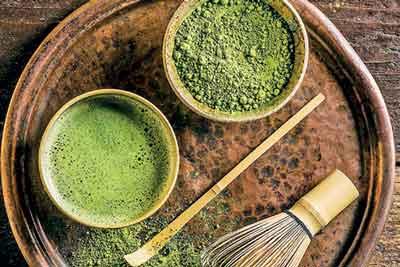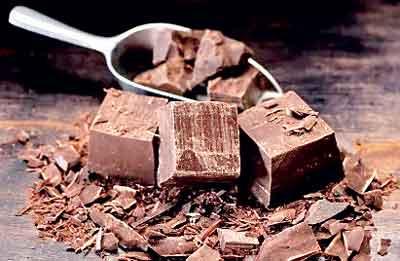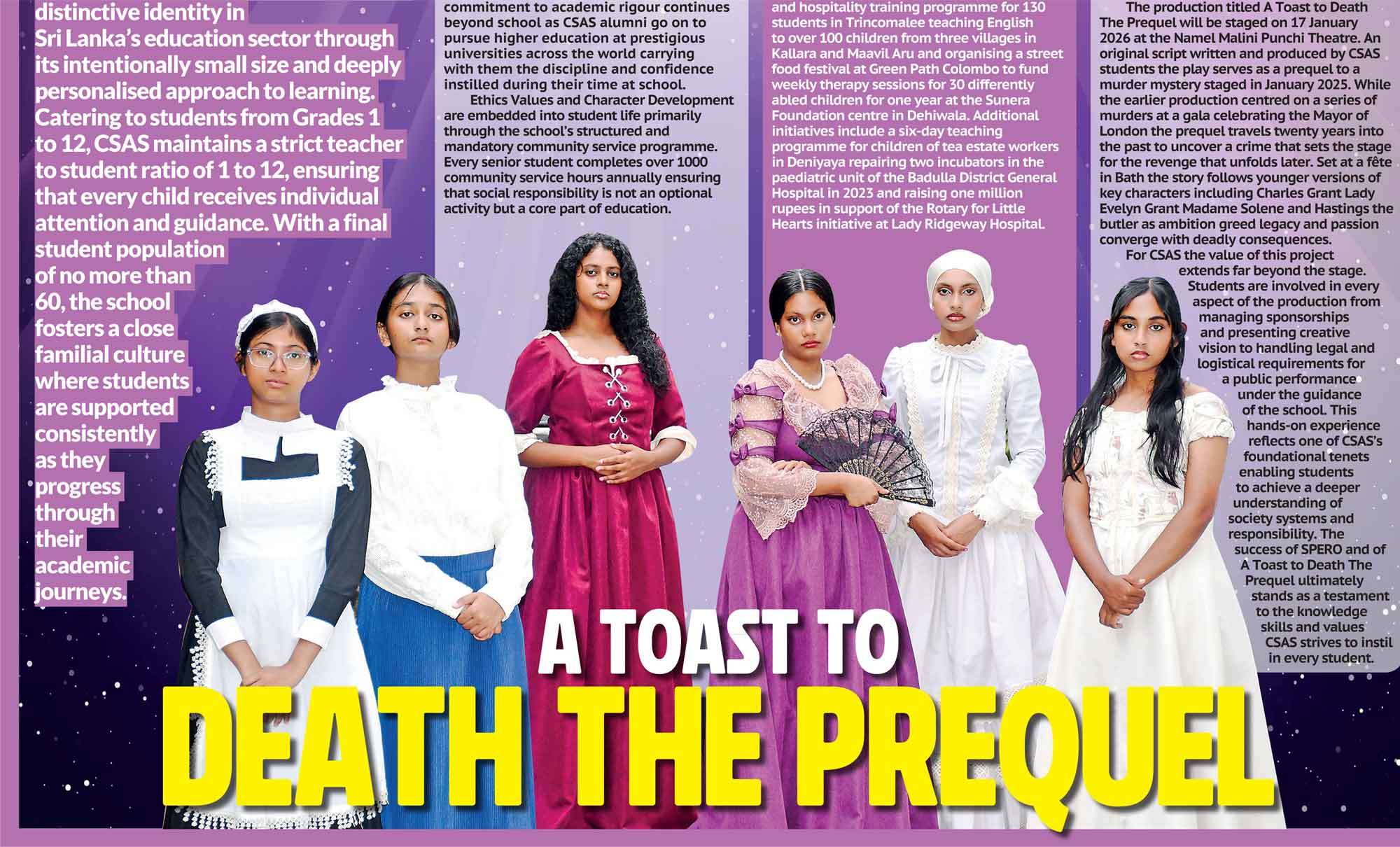For decades, sweetness reigned supreme in the world of taste. From frosted cupcakes to caramel lattes, our collective palate seemed permanently tilted toward sugar. But today, a quiet revolution is underway. Bitter is back, and it’s cooler, more complex, and more coveted than ever. From the matcha latte in your reusable cup to the amaro spritz in your hand, the flavours of the moment are unapologetically bold, earthy, and, yes, bitter.
The Changing Palate

Our taste buds are more adaptable than we think. As global cuisines have become more accessible, consumers have developed a new appreciation for flavours once considered too harsh or sophisticated. The shift isn’t just happening at the fringes of food culture; it’s going mainstream. Starbucks reports that black coffee, without syrups, sugars, or whipped cream, is growing in popularity, particularly among younger consumers. Meanwhile, matcha, with its grassy, astringent notes, is now a staple at cafés and wellness bars around the world. The once-unthinkable idea of craving something bitter is now a sign of refined taste. It’s not about rejecting sweetness altogether, but embracing a wider, more nuanced flavour profile, one that mirrors the complexity we increasingly seek in other aspects of life, from artisanal products to slow-living philosophies.
The Allure of Complexity

Bitter flavours often signal depth and sophistication. Where sugary treats deliver instant, uncomplicated pleasure, bitter foods invite a more thoughtful, layered experience. Take dark chocolate, for instance. A high-quality bar with 70% or more cacao content is less about the immediate hit of sweetness and more about the slow unfolding of flavours: fruity notes, smoky hints, even a touch of spice. Similarly, matcha offers a rich, grassy complexity that unfolds slowly across the palate, balancing astringency with a soft, creamy undertone. Black coffee, too, has moved beyond its reputation as simply ‘strong’ - it is now appreciated for its spectrum of flavours, from bright citrus to deep, nutty richness. Foods and drinks once considered ‘acquired tastes’ are now celebrated, not just endured, as people embrace the richness and reward of complexity.
Health, Authenticity, and Balance
Part of bitter’s appeal is rooted in health and authenticity. Bitter foods have long been associated with medicinal properties; from aiding digestion to boosting metabolism. Matcha, for example, isn’t just trendy because of its vivid green hue; it’s revered for its high antioxidant content and calming L-theanine. Similarly, black coffee is being rebranded as a healthful, antioxidant-rich beverage when consumed without sugary add-ons. Dark chocolate, in moderation, is touted as a heart-healthy treat, full of flavonoids. Choosing bitterness, then, feels not only sophisticated but virtuous. Moreover, the move toward bitter flavours reflects a cultural shift toward balance. As people move away from heavily processed, overly sweet foods, they are embracing authenticity. Bitter foods are often less adulterated, closer to their natural states, and more reflective of traditional culinary practices. They signal a maturity of taste; a move beyond childish sugar cravings toward a more adult appreciation of flavour.
Bitter and the Future

The rise of bitter isn’t just a fleeting trend; it’s reshaping the future of food and drink. Chefs are incorporating bitter greens like radicchio, endive, and dandelion into their dishes, creating plates that celebrate bold, complex flavours. Craft chocolate makers are highlighting the pure, intense notes of cacao, allowing the natural bitterness to shine through. Beverage brands are exploring new offerings like nitro cold brews and matcha-based drinks, catering to a growing appetite for more layered, less sugary experiences. In fact, bitterness is beginning to define luxury itself. The next generation of food lovers doesn’t just want something to taste ‘good’ they want it to challenge them, to make them think. They seek terroir, heritage, and craftsmanship in every bite and sip. Bitterness offers exactly that: a sense of place, tradition, and artistry that sweetness alone rarely provides.
A Taste Worth Acquiring

It’s often said that bitterness is an acquired taste. But in today’s world, acquiring taste, cultivating it, deepening it; is part of the journey. Choosing bitter is choosing complexity, richness, and a story behind every flavour. So next time you reach for a matcha latte, sip a straight espresso, or nibble a square of intense dark chocolate, remember you’re not just following a trend. You’re participating in a flavour evolution, one where bitter is not just accepted but celebrated as the new sweet.











